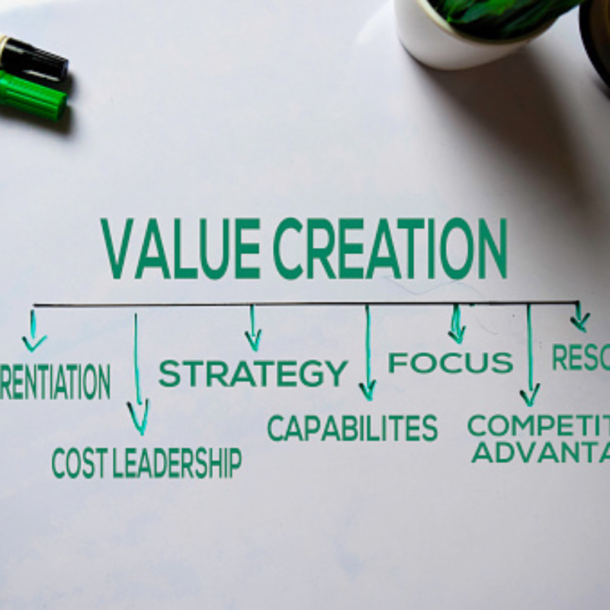
A Pastoral Perspective on Ethics
The global observations you make are interesting. Perceptions derived from a cultural perspective play a part in what varying cultures view as ethical behavior, and religious beliefs play a part in how people derive their morals (Wines & Napier). Globalization is mixing these cultures and molding the definition of what is “acceptable” in these global cultures.
Given that these global cultures are changing what is considered morally acceptable behavior, it is left to the greater sense of ethical behavior in a society to moderate behavior in every aspect of life.
References:
Wines, W. A., Napier N. K., (1994). Toward an understanding of cross-cultural ethics: A tentative model. Journal of Business Ethics, V.11(11) , pp 831-841
Rev. Bruce Martin, thank you for being our guest blogger this week. I agree with both you and Greg that communication is a very important aspect of ethics. Making employees or persons in general aware of what behavior is good or bad should be done via informal or formal means of communication.
Ho (2013) posits in his article that the use of informal communication channels together with formal sources of information were generally more highly valued by employees. Employees feel like part if the team when they know what is expected of them, from the initial stage of hiring which is the orientation process. It is also very important to remind them periodically. Keeping them informed will aid in them being more efficient and effective employees.
Ho, C. F. (2013). Communication Makes a Corporate Code of Ethics Effective: Lessons from Hong Kong. Journal Of Construction Engineering & Management, 139(2), 128-137. doi:10.1061/(ASCE)CO.1943-7862.0000568
Greetings Janelle,
Most people consider that ethical behaviors differ between particular environments representative of certain entities. For example, secular structures, or companies sometimes often appear to differ from that of certain sacred structures such as the church. However, a closer look does reveal that both entities certainly regard how each of their subjects behave and subsequently relate their conduct [communicate] to others. Fortunately, communication additionally serves as a moderator for a person’s feelings and affections. That is why your comment that “Employees feel like part if the team when they know what is expected of them, from the initial stage of hiring which is the orientation process. It is also very important to remind them periodically” highlights a most important aspect of communication; communication is a reiterative and ongoing process rather than just a one-time or punctilliar event. Thanks
Rev. Martin, thank you for your blog post and time. I found your topic interesting and your post well written. Again, thank you for this information and for sharing with us.
Thank you for your comments Amanda,
It is always a pleasure to assist in the learning of upcoming scholars.
Bruce







27 Comments
Ethics is a complicated subject when applied in a global sense. Trying to find a method that works for different cultures, religions, political stances, personal beliefs, etc is practically impossible. The only philosophy that I feel works on such a large populace is utilitarianism, combined with strong communication between all who are involved.
It would be impossible to set ethical guidelines and laws that pleases everyone, but we can take a logical approach and put forth ways to best meet the needs of as many people and interests as possible. My own personal philosophy is that something is ok unless it infringes on the rights of someone else. There of course is some grey area in that thinking, which is beyond the scope of this post.
Communication is vital, as Mr. Martin mentioned, as without communication and understanding we face the possibility of conflict, in all its various forms.
A study by Arvidsson was conducted that showed in the business world, communication was essential in dealing with and preventing future ethical concerns. This communication was viewed more favorably when put forth in a utilitarian nature to satisfy as many concerned parties as possible (2010).
Arvidsson, S. (2010). Communication of corporate social responsibility: a study of the views of management teams in large companies. Journal of Business Ethics, 96(3), 339-354. doi:10.1007/s10551-010-0469-2
Greg,
Your observation is most accurate when saying that, “Communication is vital” and “without communication and understanding we face the possibility of conflict, in all its various forms”. Communication allows for subsequent and forthcoming amendments to any policy or procedure that has been adopted by a society or group of people.As such, without vision or voice, people and their ideas are subject to perish.
Thanks BM